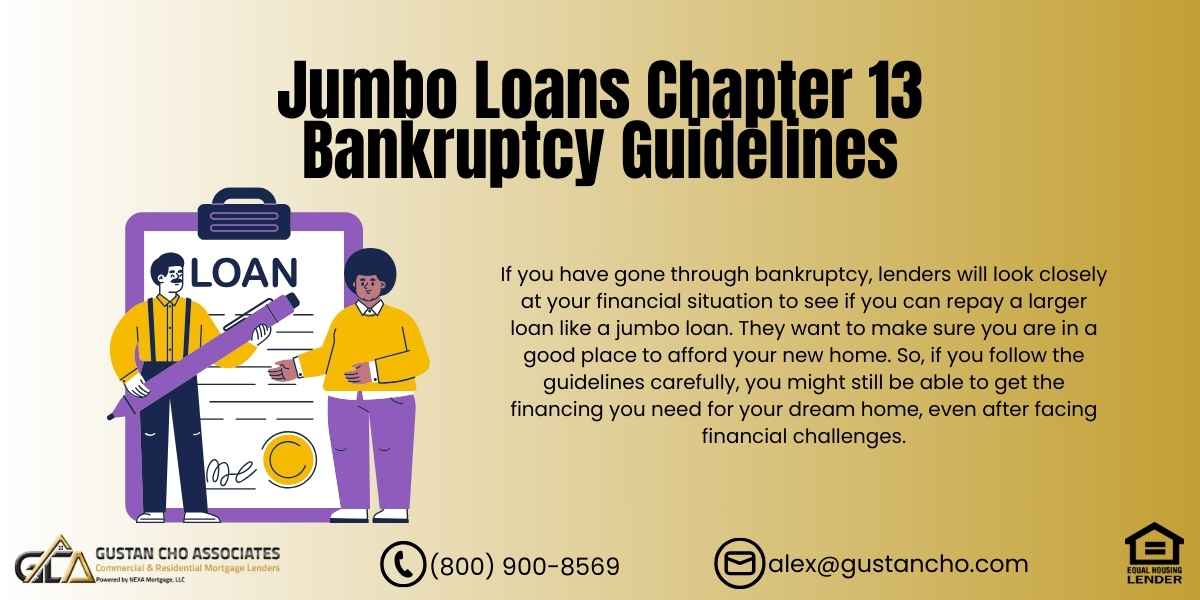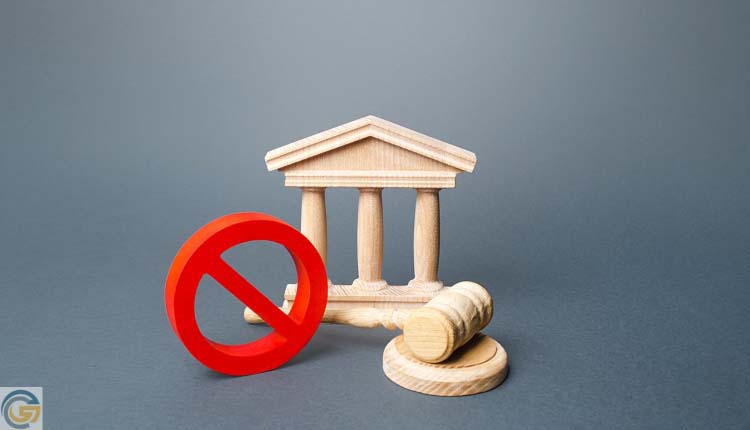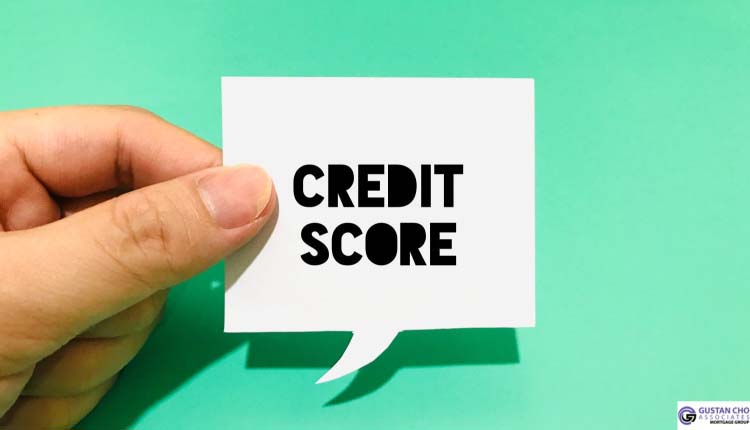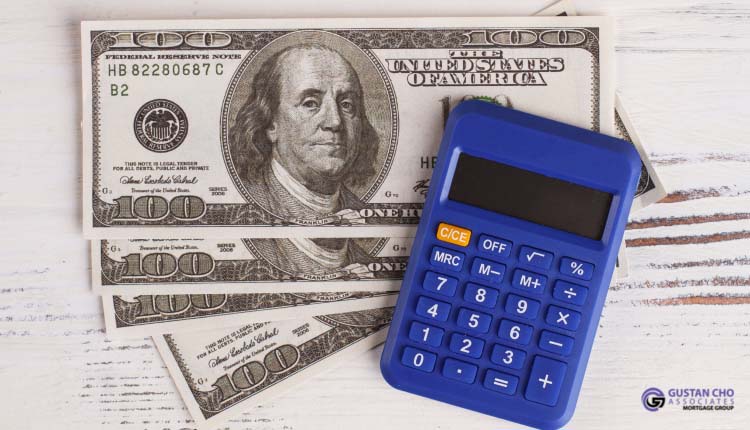Jumbo Loans Chapter 13 Bankruptcy Guidelines: How to Get Approved in 2025
Many homebuyers think filing Chapter 13 bankruptcy means they can’t buy a home for a very long time. The good news? That’s not true—especially when it comes to jumbo loans. Understanding jumbo loans Chapter 13 bankruptcy guidelines can open new doors to homeownership, even if you’ve had financial setbacks.
In this guide, we’ll cover jumbo loans Chapter 13 bankruptcy guidelines clearly, show you what lenders look for, and explain exactly how Gustan Cho Associates can help you buy your dream home—even after bankruptcy.
What Exactly Is a Jumbo Loan?
First things first, let’s understand what a jumbo loan is. A jumbo loan is a special kind of home loan. A jumbo loan refers to any loan surpassing the maximum threshold Fannie Mae and Freddie Mac set. For most areas in the country, the threshold for 2025 is $766,550. This means you will need a jumbo loan if you want to buy a home that costs more than this amount.
Now, if you are thinking about getting a jumbo loan, it’s important to know how jumbo loans Chapter 13 bankruptcy guidelines work. Chapter 13 bankruptcy guidelines can affect your ability to get a jumbo loan, just like any other type of loan.
If you have gone through bankruptcy, lenders will look closely at your financial situation to see if you can repay a larger loan like a jumbo loan. They want to make sure you are in a good place to afford your new home. So, if you follow the guidelines carefully, you might still be able to get the financing you need for your dream home, even after facing financial challenges.
Unlock the Power of a Jumbo Loan – Finance Your Dream Home
Apply Online And Get recommendations From Loan Experts
Jumbo Loans Chapter 13 Bankruptcy Guidelines: Can You Qualify?
Yes, you can! The important thing to know is lenders have specific rules or guidelines you must meet. When dealing with Chapter 13 bankruptcy, jumbo loans Chapter 13 bankruptcy guidelines become even more important to understand. The only exception will be loan-level pricing adjustments or LLPAs due to the loan size exceeding median-priced traditional loan limits. Non-QM loans do not allow non-QM jumbo loans during the Chapter 13 Bankruptcy payment period.
For FHA and VA jumbo loans, guidelines allow you to qualify during or right after your Chapter 13 bankruptcy. Conventional jumbo loans usually require a waiting period of two years after your bankruptcy discharge.
FHA and VA Jumbo Loans During Chapter 13 Bankruptcy
Believe it or not, FHA and VA jumbo loans have borrower-friendly rules to help you buy a home during Chapter 13 bankruptcy. The key rules include:
- You must be at least 12 months into your Chapter 13 repayment plan.
- You need approval from the bankruptcy trustee to take on new debt.
- Your mortgage payment must fit comfortably into your approved budget.
This makes FHA and VA loans a great option, especially when jumbo loans Chapter 13 bankruptcy guidelines seem tough to meet.
What’s Chapter 13 and Chapter 7 Bankruptcy: What’s the Difference?
Knowing the difference matters. Chapter 13 bankruptcy enables you to reorganize your debts and pay them back over a span of 3 to 5 years. You can keep your home and other vital possessions. In contrast, Chapter 7 bankruptcy clears most debts but may involve giving up certain assets to meet creditor demands. Jumbo loans Chapter 13 bankruptcy guidelines are more flexible because lenders can see you’re actively repaying your debts.
Are There Special Rules for Jumbo Loans vs. Regular Loans?
Good question! Generally, jumbo loans Chapter 13 bankruptcy guidelines aren’t drastically different from standard FHA or VA loan guidelines, except for one big thing: jumbo loans involve more money, so lenders might have extra rules or pricing adjustments known as loan-level pricing adjustments (LLPAs).
You might see slightly higher interest rates or stricter credit rules. But don’t worry—at Gustan Cho Associates, we specialize in jumbo loans with minimal extra conditions, making the process simple for you.
What if Lenders Say No Because of Bankruptcy?
This happens a lot because most lenders have what we call “overlays.” Overlays are extra rules lenders create beyond the basic guidelines set by FHA or VA. The most common overlay requires waiting two years after Chapter 13 discharge to get a jumbo loan.
At Gustan Cho Associates, we have no overlays. We follow only the basic jumbo loans Chapter 13 bankruptcy guidelines. That means you have a fair chance of getting your home loan approved when other lenders might turn you down.
Jumbo Loans Chapter 13 Bankruptcy Guidelines: Real-Life Examples
Let’s look at two real-life scenarios to understand how jumbo loans Chapter 13 bankruptcy guidelines work:
- Example 1: Tom is 2 years into his Chapter 13 repayment plan. He finds a dream home needing a jumbo loan of $900,000. With trustee approval, steady income, and timely payments, Tom qualifies for an FHA jumbo loan during bankruptcy.
- Example 2: Maria finished her Chapter 13 bankruptcy repayment last month. Even though most banks told her to wait two years, she contacted Gustan Cho Associates. Because we have no overlays, Maria qualified for her VA jumbo loan immediately after discharge.
Documents Needed for Jumbo Loans After Bankruptcy
When applying under jumbo loans Chapter 13 bankruptcy guidelines, lenders will typically need:
- Bankruptcy discharge papers (or proof of repayment plan)
- Approval letter from your bankruptcy trustee
- Proof of income (pay stubs, tax returns)
- Recent bank statements
- A detailed letter explaining your bankruptcy and your current financial situation
Getting these documents ready in advance can accelerate the loan approval process.
Current 2025 Updates for Jumbo Loans Chapter 13 Bankruptcy Guidelines
Here are the latest updates for jumbo loans in 2025:
- FHA jumbo loan limits increased to match rising home prices, making it easier to buy more expensive homes.
- VA jumbo loans now have simpler guidelines for veterans or active military borrowers, even during bankruptcy.
- Non-QM jumbo loans usually require waiting until your Chapter 13 repayment period ends, typically two years after discharge.
Get a Jumbo Loan Even After Chapter 13 Bankruptcy!
Get approved with just 12 months of timely payments on your Chapter 13 plan
Steps to Getting a Jumbo Loan After Chapter 13 Bankruptcy
Here’s a simple step-by-step guide:
- Talk to Your Trustee: Get permission to apply for a mortgage if you’re still in bankruptcy.
- Reach Out to Us: Call or text Gustan Cho Associates at 800-900-8569 or email gcho@gustancho.com.
- Gather Documents: Collect your bankruptcy papers, income proof, and financial statements.
- Get Pre-Approved: We review your documents, check your finances, and issue your pre-approval.
- Find Your Dream Home: Once pre-approved, you can shop confidently, knowing exactly how much you qualify for
Why Choose Gustan Cho Associates?
We understand jumbo loans Chapter 13 bankruptcy guidelines inside and out. Here’s why borrowers trust us:
- No overlays: We stick to the basics. If FHA or VA guidelines say yes, we say yes!
- Expert help: Our team specializes in helping borrowers with bankruptcies.
- Quick approvals: We move fast and make the process stress-free.
- Personal care: You’re more than just a number to us. We make sure you understand every step.
Final Thoughts on Jumbo Loans Chapter 13 Bankruptcy Guidelines
Bankruptcy isn’t the end of your homeownership dream. With jumbo loans Chapter 13 bankruptcy guidelines, you have clear, achievable ways to qualify for a mortgage. Don’t let past financial struggles keep you from buying your dream home today.
Ready to start? Contact Gustan Cho Associates at 800-900-8569 or email gcho@gustancho.com. The team at Gustan Cho Associates is available 7 days a week, on evenings, weekends, and holidays. We’re here to make your journey to owning a home after Chapter 13 bankruptcy easy and achievable.
Frequently Asked Questions About Jumbo Loans Chapter 13 Bankruptcy Guidelines:
Q: What are Jumbo Loans Chapter 13 bankruptcy Guidelines?
A: Jumbo loans Chapter 13 bankruptcy guidelines are rules lenders follow to approve large home loans for people who filed for Chapter 13 bankruptcy.
Q: Can I Get a Jumbo Loan While Still in Chapter 13 Bankruptcy?
A: Yes, jumbo loans Chapter 13 bankruptcy guidelines allow you to qualify for FHA and VA jumbo loans after one year into your repayment plan.
Q: Do All Lenders Follow the Same Jumbo Loans Chapter 13 Bankruptcy Guidelines?
A: No, some lenders add extra rules called “overlays.” Gustan Cho Associates has no overlays—we stick to the basic guidelines.
Q: What’s the Waiting Period for Jumbo Loans After Chapter 13 Bankruptcy Discharge?
A: FHA and VA jumbo loans do not require a waiting period. In contrast, conventional jumbo loans typically necessitate a two-year waiting period following the discharge of your Chapter 13 bankruptcy.
Q: Are Interest Rates Higher for Jumbo Loans After Chapter 13 bankruptcy?
A: Jumbo loans Chapter 13 bankruptcy guidelines sometimes lead to slightly higher rates or extra fees because the loans are larger.
Q: What Documents Will I Need to Meet Jumbo Loans Chapter 13 Bankruptcy Guidelines?
A: You’ll need bankruptcy papers, proof of income, recent bank statements, and trustee approval to qualify.
Q: Can I Buy a Home Costing Over $766,550 After Chapter 13 Bankruptcy?
A: Yes, jumbo loans Chapter 13 bankruptcy guidelines allow you to borrow beyond the typical limit if you qualify.
Q: Does Chapter 13 Bankruptcy Make it Harder to Get a Jumbo Loan?
A: It can, but approval is possible if you follow Jumbo Loans Chapter 13 bankruptcy guidelines closely and work with lenders like Gustan Cho Associates.
Q: Do Jumbo Loans Chapter 13 Bankruptcy Guidelines Differ for FHA and VA Loans?
A: FHA and VA jumbo loans have similar borrower-friendly guidelines allowing approval during and after Chapter 13 bankruptcy.
Q: Why Choose Gustan Cho Associates for Jumbo Loans After Chapter 13 Bankruptcy?
A: We follow the basic jumbo loans Chapter 13 bankruptcy guidelines without extra hurdles, making it easier and faster to get approved.
This blog about “Jumbo Loans Chapter 13 Bankruptcy Guidelines” was updated on March 24th, 2025.
We work with you to navigate the process, even after bankruptcy
Apply Online And Talk to a Jumbo Loan Specialist Today










